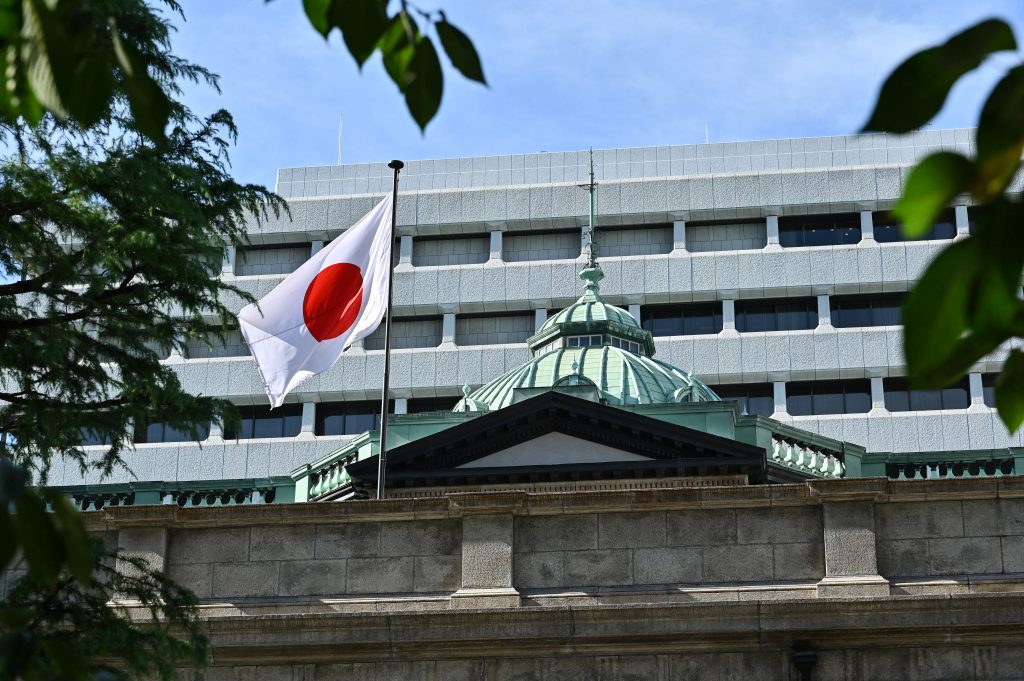
- ARAB NEWS
- 12 Jul 2025

Tokyo: The Bank of Japan decided Thursday to keep its current massive monetary easing policy unchanged, triggering the yen to weaken past 145 per dollar for the first time in 24 years.
At its two-day policy-setting meeting through the day, the BOJ Policy Board unanimously voted to keep its short-term policy interest rate at minus 0.1 pct and continue to guide 10-year government bond yields around zero pct.
The central bank also decided to phase out its special financing support for smaller companies hit by the novel coronavirus pandemic by the end of March next year, instead of the previously scheduled expiration at the end of this month.
To replace the COVID-19 support measure, the BOJ decided to introduce a new scheme to provide unlimited funds to meet a wide variety of financing needs among small firms.
In a statement released after the meeting, the BOJ said the Japanese economy “has picked up as the resumption of economic activity has progressed while public health has been protected from COVID-19, despite being affected by factors such as a rise in commodity prices.”
Amid the yen’s rapid weakening and upward pressure on bond yields from interest rate hikes by central banks overseas, the BOJ noted that “it is necessary to pay due attention to developments in financial and foreign exchange markets and their impact on Japan’s economic activity and prices.”
In the currency market, yen selling against the dollar has been accelerating since the start of this month amid expectations for a wider interest rate gap between Japan and the United States.
On Thursday, the dollar briefly spiked above 145 yen after the BOJ decided to hold steady on the heels of the U.S. Federal Reserve’s overnight decision to raise its policy interest rate by 0.75 percentage point yet again.
JIJI Press